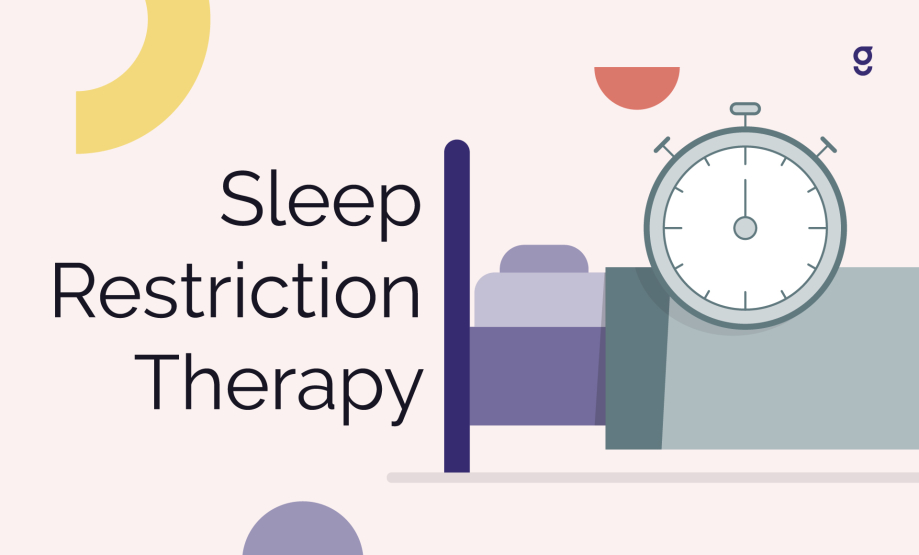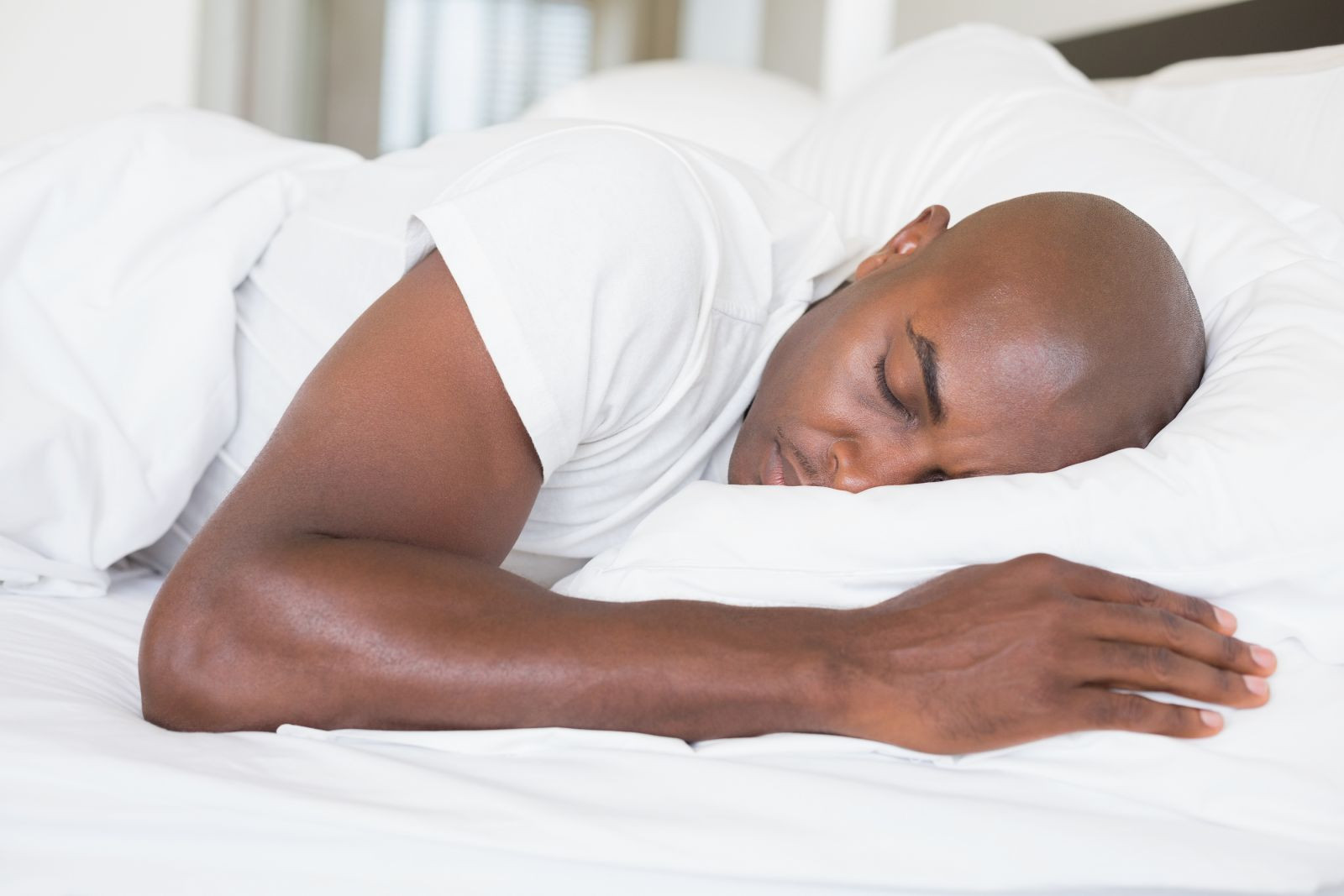Natural Insomnia Remedies - Safe and Reliable Treatments
Natural Insomnia Remedies - Safe and Reliable Treatments
Blog Article
Effective Therapy Solutions for Taking Care Of Sleep Disorders and Enhancing Peaceful Sleep
In the world of medical care, the administration of rest conditions and the pursuit for peaceful sleep are critical parts of general well-being. As we navigate the complex landscape of sleep disorders and look for to improve our rest experience, a much deeper understanding of these treatment options may hold the key to opening a more relaxing and fulfilling restorative journey.
Cognitive Behavior Modification for Insomnia (CBT-I)
Cognitive Behavior Treatment for Sleeping Disorders (CBT-I) is an organized, evidence-based treatment approach that concentrates on dealing with the hidden variables adding to rest disruptions. This type of treatment aims to customize actions and ideas that intensify sleeping disorders, inevitably advertising healthy and balanced sleep patterns. CBT-I commonly includes a number of crucial elements, consisting of cognitive therapy, rest restriction, stimulus control, and sleep health education and learning.
Cognitive therapy assists people determine and change adverse idea patterns and ideas about rest that may be preventing their ability to fall or stay asleep. Rest restriction involves limiting the amount of time spent in bed to match the person's actual rest duration, therefore boosting sleep effectiveness (sleep disorder treatment). Stimulation control strategies assist establish a solid association between the bed and rest by motivating people to go to bed only when sleepy and to stay clear of participating in boosting activities in bed
Additionally, sleep hygiene education concentrates on developing healthy rest practices, such as keeping a constant rest routine, developing a relaxing going to bed routine, and optimizing the sleep atmosphere. By attending to these variables adequately, CBT-I uses a reliable non-pharmacological treatment for managing sleeping disorders and enhancing total rest quality.
Sleep Hygiene Practices
Having established the structure of cognitive restructuring and behavior modifications in dealing with sleep problems through Cognitive Behavior modification for Insomnia (CBT-I), the focus now moves towards checking out crucial Rest Hygiene Practices for preserving optimum sleep quality and general well-being.
Rest hygiene methods include a variety of habits and environmental elements that can substantially influence one's capacity to drop asleep and stay asleep throughout the evening. Regular sleep and wake times, producing a relaxing bedtime routine, and enhancing the rest environment by keeping it dark, peaceful, and cool are important parts of good sleep hygiene. Limiting exposure to displays before going to bed, staying clear of stimulants like caffeine close to bedtime, and participating in normal physical task during the day can likewise promote better sleep quality.
In addition, practicing relaxation strategies such as deep breathing workouts or meditation prior to bed can assist soothe the mind and prepare the body for rest. By incorporating these rest hygiene practices into one's day-to-day routine, individuals can establish a healthy and balanced sleep pattern that sustains peaceful sleep and overall health.
Relaxation Strategies and Mindfulness
Executing relaxation strategies and mindfulness methods can play a pivotal role in fostering a sense of calm and advertising top quality rest. cognitive behavioral therapy for insomnia (CBT-I). These techniques intend to quiet the mind, decrease stress and anxiety, and develop an optimal atmosphere for restful rest. One commonly exercised approach is deep breathing workouts, where individuals sleep study clinic concentrate on sluggish, deep breaths to relax the mind and body. Modern muscle mass leisure entails tensing and after that releasing each muscle mass team, advertising physical relaxation. Additionally, assisted images can help transport people to a peaceful location in their minds, aiding in stress decrease and improving sleep high quality.
By including these techniques into a going to bed regimen, individuals can signify to their bodies that it is time to prepare and unwind for sleep. In general, incorporating relaxation methods and mindfulness techniques can significantly contribute to handling sleep disorders and boosting general sleep top quality.

Medicine Options for Rest Disorders
After discovering leisure strategies and mindfulness methods as non-pharmacological treatments for boosting sleep high quality, it is vital to take into consideration medicine choices for people anchor with rest conditions. In cases where way of living modifications and therapy do not give adequate alleviation, medication can be a valuable device in handling rest disturbances.
Commonly suggested drugs for sleep problems include benzodiazepines, non-benzodiazepine hypnotics, antidepressants, and melatonin receptor agonists. Antidepressants, such as trazodone, can be beneficial for people with co-occurring anxiety and sleep disturbances - sleep improvement therapy.
It is critical for individuals to seek advice from a doctor to identify the most suitable medicine alternative based on their specific rest problem and medical history.
Light Therapy for Circadian Rhythm Guideline
Light therapy, also called phototherapy, is a non-invasive therapy approach used to control circadian rhythms and boost sleep-wake cycles. This treatment includes direct exposure to intense light that resembles all-natural sunlight, which aids to reset the body's inner clock. By revealing individuals to specific wavelengths of light, typically in the morning or evening depending upon the desired impact, light treatment can successfully readjust the circadian rhythm to promote wakefulness during the day and enhance relaxing rest at night.
Study has revealed that light therapy can be especially useful for people with body clock conditions, such as postponed rest phase disorder or jet lag. It can likewise be valuable for those experiencing seasonal affective disorder (SAD), a sort of depression that commonly takes place during the winter months when natural light exposure is minimized. Light treatment is normally well-tolerated and can be utilized along with other therapy methods for rest problems to enhance end results and enhance general sleep high find quality.
Conclusion
Finally, reliable treatment options for taking care of rest disorders and enhancing restful sleep consist of Cognitive Behavior modification for Insomnia (CBT-I), rest health practices, relaxation methods and mindfulness, medicine options, and light therapy for body clock guideline. These techniques can help individuals boost their rest high quality and overall well-being. It is essential to seek advice from with a doctor to identify one of the most appropriate technique for addressing rest issues.
As we browse the elaborate landscape of sleep problems and look for to boost our sleep experience, a much deeper understanding of these treatment options might hold the key to unlocking a much more relaxing and satisfying restorative journey.
Sleep restriction entails restricting the amount of time spent in bed to match the individual's actual sleep duration, thereby increasing rest efficiency. Consistent sleep and wake times, creating a relaxing going to bed regimen, and maximizing the sleep setting by keeping it dark, peaceful, and cool are crucial components of excellent sleep hygiene. Light treatment is generally well-tolerated and can be made use of in conjunction with other therapy techniques for sleep problems to optimize results and boost general rest high quality.

Report this page